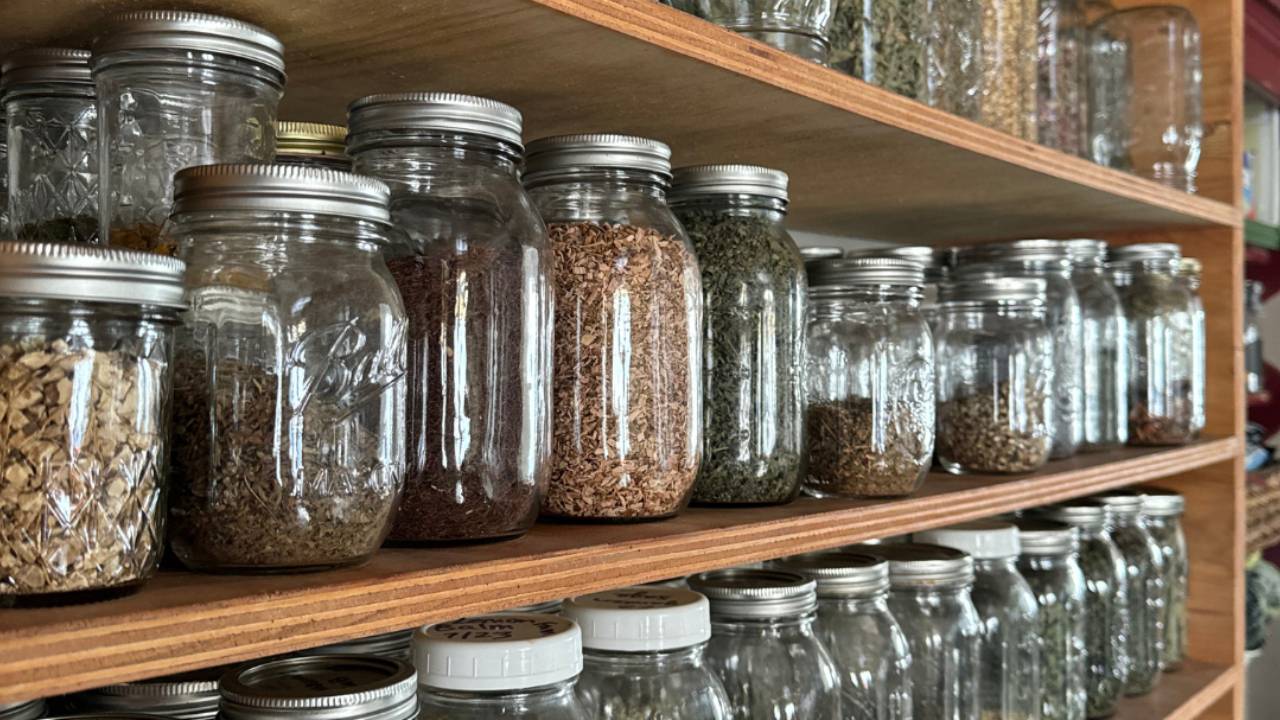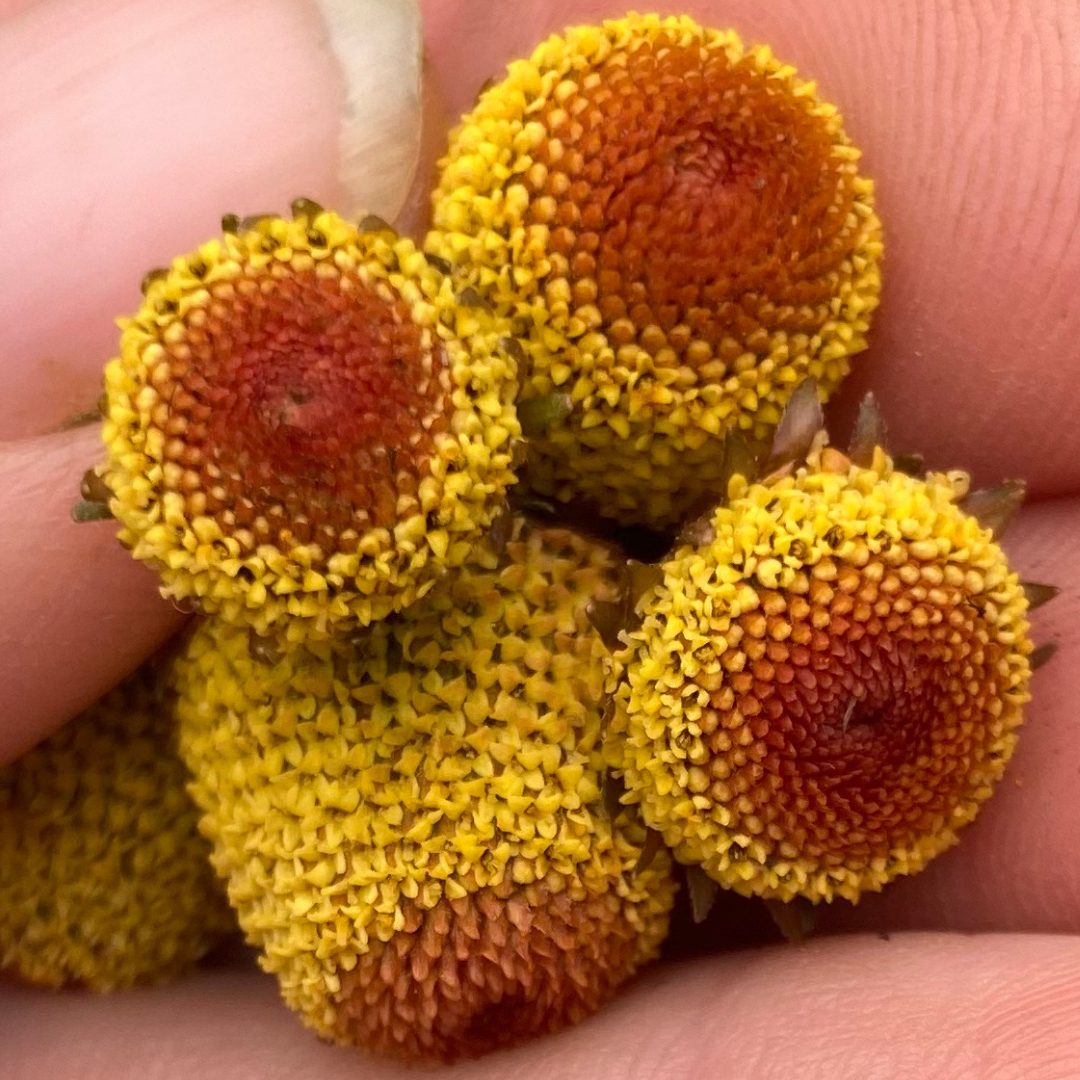
How To Build A Home Apothecary: An Herbalism Start Guide
home apothecaryThe apothecary is simply a fancy word for an herbal medicine cabinet. For centuries medicine was herbs. They were the only option. As medicine became more advanced, the medical world became less about natural medicines and more about synthetic ones. We veered away from treating the whole person and started focusing on the symptoms. Nowadays, modern medicine is acknowledging more and more that ignoring the root cause of a health concern will do many things for a person….but healing isn’t one of them. More and more people go to doctors in search of solutions and instead, they get more problems. Because of this, the desire for more natural alternatives has shot up, and more and more people are turning to holistic practices and herbal medicine for answers….and they’re getting them!
Getting Started: Building Your Herbal Medicine Cabinet
1. Research and Education

Before diving into creating herbal remedies, it’s essential to educate yourself about the medicinal herbs you want to use, their properties, and their warnings and contraindications. One of the best ways to learn about medicinal herbs and ensure you have all the information you need to make your herbal preparations is to build an herbal library. Check out this video for a list of my favorite herbal books and an overview of each of them. Building a library of herbal books gives you a strong foundation to build on, and will help you figure out what herbs and preparations will benefit you most.
2. Selecting Herbs
Start by selecting a variety of herbs that align with your health and wellness goals. Some common herbs for a basic herbal medicine cabinet include:
-
- Peppermint (Mentha x piperita): Refreshing, cooling, and aids digestion.
- Chamomile (Matricaria chamomilla): Calming and soothing, good for rest and gas/bloating.
- Lavender (Lavandula angustifolia): Fragrant and aromatic, it has calming and stress-relieving effects.
- Lemon Balm (Melissa officinalis): Citrusy and uplifting, lemon balm is a nervine herb that supports mood and cognitive function.
- Holy Basil or Tulsi (Ocimum sanctum): Adaptogenic herb that helps the body cope with stress, and supports immune function.
- Mullein (Verbascum thapsus): Soothing for the respiratory system, and helps with coughs, bronchitis, and chronic respiratory conditions.
- Yarrow (Achillea millefolium): Astringent, anti-inflammatory, and antimicrobial properties, making it useful for treating wounds, cuts, and skin conditions.
- Nettle (Urtica dioica): Rich in vitamins, minerals, and antioxidants, it supports overall health and vitality, good for allergies and inflammation.
- Calendula (Calendula officinalis): Soothing to the digestive system, has mild anti-inflammatory properties, and promotes skin healing.
- Echinacea (Echinacea purpurea): Used to support immune health.
- Marshmallow (Althaea officinalis): The root is soothing to the gut and throat, and the leaves are good for soothing the lungs.
- Catnip (Nepeta cataria): Used to promote relaxation and relieve digestive discomfort.
3. Growing or Sourcing Herbs
Depending on your preference and resources, you can either grow your herbs at home or purchase them from reputable sources. Sourcing your herbs from an herb company ensures you have a product that is safe to consume and is organic and not contaminated with any pollutants or chemicals. However, the best way to get the most potent medicinal herbs will always be to start your own herb garden to grow your own herbs. If you can’t or simply don’t want to…either is fine! Here’s a list of herb companies you can purchase medicinal herbs from.
- Mountain Rose Herbs (mountainroseherbs.com)
- Frontier Co-op (frontiercoop.com)
- Starwest Botanicals (starwest-botanicals.com)
4. Creating Herbal Remedies

Now comes the fun part – creating your herbal remedies! Here are some ideas of herbal preparations you can keep stocked in your herbal medicine cabinet.
- Herbal Tea Blends: Mix dried herbs like chamomile, peppermint, and lavender to create soothing teas for relaxation and digestion.
- Herbal Infused Oils: Infuse carrier oils like olive oil or coconut oil with herbs such as calendula or lavender for use in massage or as a base for salves and balms.
- Herbal Tinctures: Extract the medicinal properties of herbs by infusing them in alcohol to create potent tinctures.
- Herbal Oils: Extract the medicinal properties of herbs by infusing them into oils.
- Herbal Salves: Combine infused oils with beeswax and essential oils to create healing salves for cuts, scrapes, and minor burns.
5. Storing Your Remedies
Properly storing your herbs is key to keeping the medicinal properties in them. When herbs are exposed to too much light, heat, or air, they begin to break down and the wonderful properties in them fade away. Be sure to store your herbs, and herbal remedies in dark glass bottles or jars to protect them from light, air, and moisture to ensure their potency. Make sure you label each herb and remedy with its name, ingredients, and date of preparation for easy identification.
Building an herbal medicine cabinet is a great way to tap into the world of natural healing. Having a stocked apothecary keeps you prepared to support your body with everything from common health concerns to chronic disease. It doesn’t have to be complicated or overwhelming. Learning about and stocking a few herbs each month will ensure you will be ready with effective natural remedies in no time.
Don't miss a thing!
New herbal education and recipes delivered to your inbox.
We hate SPAM. We will never sell your information, for any reason.
Recent Posts
